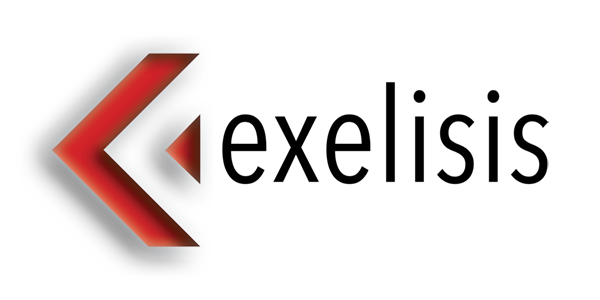Gerhard DOMANN
Position
Head of Department at Fraunhofer ISCEntity:
Fraunhofer ISCCountry:
GermanySession:
Speech by Gerhard Domann
Theme: Printed Circuit Boards based on Paper? Challenges that have to be considered and potential solutions.
| Gerhard Domann studied Physics in Heidelberg and Oldenburg, Germany with a focus on organic solar cells. Since 2001 he works at Fraunhofer Institute for Silicate research. Main research topics have been the modification of inorganic-organic hybrid polymers for applications in printed electronics and microelectronics. Since 2008, Gerhard Domann holds an MBA from the University of Bradford, UK. Now, Gerhard Domann is responsible for the department “Application technology” that develops materials in the field of glasses, polymers, silicones and composites to be applied for optics, electronics, sensors, actuators and medical technology and fosters approaches to use digital methods in material research. Gerhard Domann has coordinated several European projects and is involved in other international project schemes. He holds about 10 patents in the fields of materials and components. Now, he coordinates the EU project CircEl-Paper. |
Abstract
| The targets set by the EU for the recollecting and recycling rate of e-waste are still not being met. This has a negative impact on sustainability and reduces the resilience of the European electronics industry for valuable materials. This paper discusses a new approach to producing printed circuit boards that are easier to recycle than traditional FR4 boards. The core of the development is the use of paper and other more sustainable materials to establish a PCB technology for electronics that is in line with the implementation of the circular economy concept. To be competitive with established technologies, the developed paper-based electronic substrate should meet the specifications of simple FR4 PCBs in terms of integration density, metal conductivity and multilayer build-up capability. From an environmental point of view, the paper-based PCB has some advantages as paper is considered a bio-based material; recycling systems are widely established and accepted by customers. From a process engineering perspective, paper is also a suitable substrate for the application of R2R printing techniques. However, there are also some disadvantages in terms of flame retardancy, water absorption and dimensional stability that need to be solved. – without compromising the recyclability of paper. It has to be noted that the requirements on sustainability relate not only to the board material, but also to all other materials to be used (conductors, adhesives, potting compounds, resistive materials, dielectrics, etc.) This is the mission of the CircEL-Paper project funded by the European Commission (Grant agreement ID: 101070114): a modification of paper to meet the above requirements, which also enables electroplating processes and VIA technologies, but also printing technologies with environmentally friendly metal ink formulation, bio-based dielectrics and encapsulation materials, (conductive) adhesives and resistors. All materials used are examined by means of life cycle analyses and toxicological tests. The recyclability of each modification is examined and, if necessary, an adapted recycling technology is developed. |


